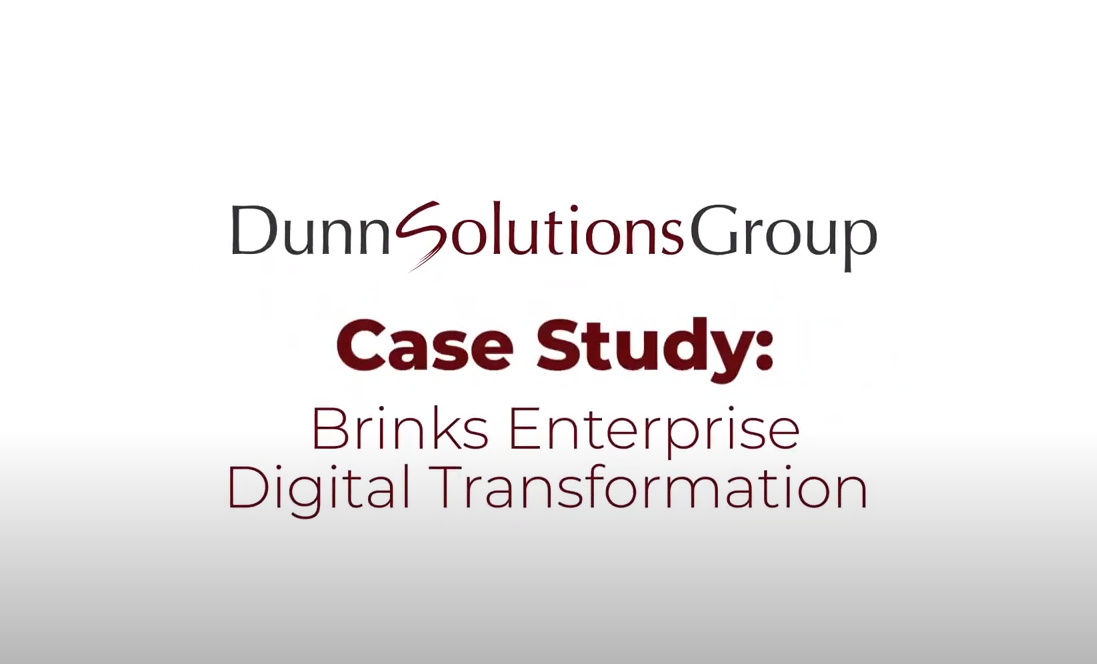Students will leave the course armed with the basic skills required to design and build scalable, secure, maintainable web applications - leveraging our extensive experience in the delivery of scalable enterprise applications with complex web interfaces based on JEE technologies.
Throughout this training, students will explore with common web application design problems and given the tools you will need to solve them, such as JEE design patterns. You will also be exposed to a range of JEE and web technologies such as Servlets, JSPs, JSTL and advice on when and how to use them. Students will also learn about the capabilities of servlets, their advantages, servlet architecture, and session management. Developers will also learn about managing resources, deployment, and application models, how to use custom tags, and how to build robust and capable web applications using servlets and other components.
The course begins with a discussion of web application architecture. A major part of the course is spent on the various web components that are used to implement dynamic web applications. Students will learn not only specific topics and APIs but also how to fit the pieces together into a complete application.
Topics covered include:
JEE Application Architecture
Servlets
Java Server Pages (JSP), EL, and JSTL
Java Developers, Application Developers, Web Developers, Full Stack Developers.
- This is an introductory level training course, designed for experienced Java (version 8 or later) developers who want to quickly get up and running with basic JEE web application architecture and be able to implement a basic web application, taking advant
- Session: Developing Java EE applications
- Lesson: Enterprise Development
- Enterprise Application Software
- Requirements of Enterprise applications
- Scalability, Load Balancing, Fail Over
- Resource pooling
- Lesson: Java EE Core Components
- Overview of Java EE Core Components
- Web Tier Components
- Application Tier
- Deployable Units
- Deployment Descriptors
- The Java Naming and Directory Interface (JNDI)
- Session: JEE Dynamic Web Applications
- Lesson: Introduction to Servlets
- The Servlet Interface
- The Web Container
- Creating HTML Output Using Servlets
- The @Webservlet Annotation
- Interaction Between web.xml and Annotations
- The @Webinitparam Annotation
- Lesson: Form processing using Servlets
- Using HTML5 Forms with Servlets
- Processing Request Parameters
- HttpServletRequest Methods
- HttpServletResponse Methods
- Lesson: Java Server Pages
- Java Server Pages ( JSPs)
- The Relationship Between JSPs and Servlets
- The JSP lifecycle
- The role of JSPs in Java EE 7
- Lesson: Implementing MVC in JEE
- Model View Control
- Using the RequestDispatcher
- Handling Requests
- The Request Scope
- Handling Request Attributes
- The Expression Language (JSR 341)
- EL in Template text
- Lesson: Session Management
- Sessions in Web Applications
- The HttpSession object
- Session Management in Java EE
- Handling Cookies
- URL-Rewriting
- Session: JEE Servlet Filters and Listeners
- Lesson: Servlet Filters
- Introduce Servlet Filters
- Modify the request data
- Modify the response data
- The @WebFilter annotation
- Define Filter Mappings
- Move functionality out into a decorator pattern
- Session: Expression Language 3.0 (EL)
- Lesson: Overview of EL
- The Expression Language (JSR 341)
- Value and Method Expressions
- Immediate and Deferred Evaluation Syntax
- Read and Read/Write expressions
- Lesson: The EL language
- EL Operators
- EL Reserved Words
- EL Implicit objects
- Referencing Objects using EL
- Session: Using Resources
- Lesson: JEE DataSources
- DataSources in JEE
- Setup a DataSource
- Using CDI to inject a DataSource
- Lesson: Overview of JPA
- Introduce the Java Persistence API (JPA)
- Benefits of Using an ORM framework
- Hibernate and JPA
- Classroom Live Labs
- This hands-on course focuses on ‘learning by doing’, combining expert lecture, practical demonstrations and group discussions with plenty of machine-based real-world programming labs and exercises. Student machines are required.
Learn Servlets/JSPs, MVC, EL, JPA & More (TT5102)
Java Enterprise Edition (JEE) is a powerful platform for building web applications. The JEE platform offers all the advantages of developing in Java plus a comprehensive suite of server-side technologies. This course tells you what you need to know to design and build your own web applications. You'll learn the details of the key JEE technologies and how to leverage the strengths of each, with special focus on Servlets and JSPs. At the same time, you'll be learning about the big picture of JEE and how to design web applications that are robust, efficient, secure, and maintainable. If you want to deliver an application on the web, you'll find this course essential.
Introduction to JEE Web Essentials is a two-day hands-on training course geared for experienced Java developers new to Enterprise Development in Java, who need to get up and running with essential dynamic web development skills. This course provides core JEE knowledge and skills that can be used as the foundation for developing production-quality web applications to a basic level.?
Follow-On Courses:
Our Java & JEE developer tracks include a wide variety of follow-on courses and learning paths for leveraging Java and JEE for next-level development, web development, reactive development, services and microservices, testing / TDD, application security and more. Please see our Java & JEE Developer Training Suite & Learning Paths list of courses or inquire for recommendations based on your specific role and goals.
* Terms and conditions may apply. Learn more about our Microsoft training exclusives by contacting training@dunnsolutions.com
Live Virtual:
Get engaging and impactful live, instructor-led training, regardless of your location.
Our Virtual Classroom Live online training format combines premium skills development technologies and our industry-leading instructors, content, exercises and peer collaboration to ensure that you get the highest quality professional development experience possible. Gain the skills and expertise that matter from the convenience of your home, work or wherever you have an Internet connection.
Engage with your instructor and fellow students via a learning platform and course material designed to ensure a stimulating and productive skills development experience.
Choose from sessions across a variety of time zones for training options that suit your schedule. Save time, money and effort without sacrificing learning quality by accessing our expert-led online training from the convenience of your home, office or anywhere with an Internet connection.
Attend from your PC, Mac or any iOS/Android tablet or smartphone. Connect with the class through your device audio or via toll-free phone number†, depending on available technologies and your interaction preferences.
Learn the Java Web Developer and JEE basics needed to design modern dynamic web applications that are robust, efficient, secure and maintainable.



